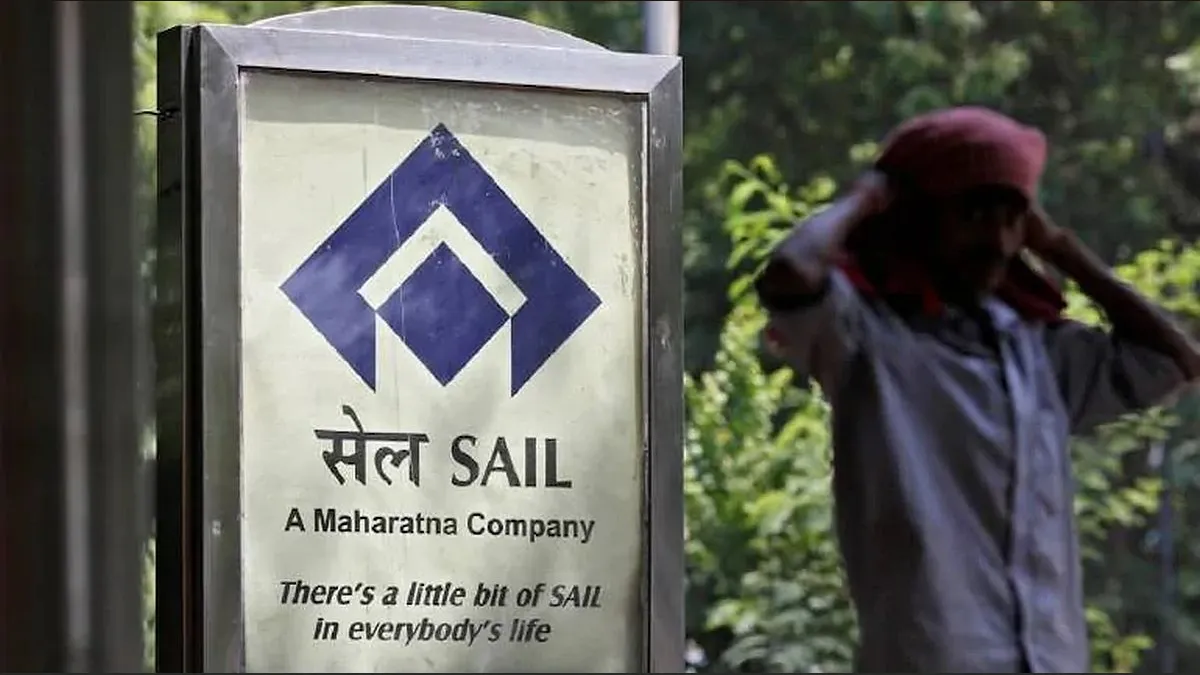Transforming India's Steel Industry: A Green Revolution in the Making
Key Ideas
- JCIL and SAIL's collaboration aims to revolutionize India's steel industry by focusing on environmental sustainability and decarbonisation, incorporating green technologies to reduce carbon emissions.
- The integration of advanced materials like Green Steel and Silicon Steel, along with exploring the use of green hydrogen in the manufacturing process, highlights a commitment to quality, efficiency, and sustainability.
- The partnership aligns with India's goal of achieving net-zero carbon emissions by 2070 and reflects a shift towards greener methods in steel production, promising a more sustainable future for the industry and the country.
- By setting a precedent for other industries to follow suit in decarbonisation and sustainability, this collaboration between JCIL and SAIL aims to reshape India's steel sector and contribute to a global economy focused on environmental responsibility.
John Cockerill India Limited (JCIL) and Steel Authority of India Limited (SAIL) have signed a Memorandum of Understanding (MoU) to bring about transformative changes in India's steelmaking industry. This partnership is geared towards enhancing environmental sustainability, fostering innovation, and promoting decarbonisation in one of the nation's most carbon-intensive sectors. By targeting the reduction of carbon emissions and incorporating green technologies, including the exploration of green hydrogen in the manufacturing process, the collaboration between JCIL and SAIL aims to revolutionize the steel production landscape in India. One of the key areas of focus is the joint venture in Cold Rolling and Processing for Carbon Steel, which includes the production of Green Steel and Silicon Steel. These advanced materials are expected to elevate the quality and efficiency of steel products, positioning India as a global leader in high-end manufacturing. By striving to achieve net-zero carbon emissions by 2070, this initiative aligns with India's ambitious environmental goals and emphasizes the crucial role of industries like steel in sustainable development. The partnership not only signals a strategic shift towards sustainability for SAIL, one of India's largest steel producers, but also sets the stage for more efficient production methods, potentially leading to cost reductions in the long term. The collaboration between JCIL and SAIL not only holds promise for reshaping the steel industry but also serves as a beacon of hope for a greener, more sustainable global economy. Through the integration of advanced technologies and a commitment to decarbonisation, the steel industry in India is poised to set an example for other sectors in driving environmental responsibility and balancing economic growth with sustainability.
Topics
India
Innovation
Decarbonisation
Global Leadership
Environmental Sustainability
Economic Growth
Steel Production
Industry Transformation
Green Technologies
Latest News
